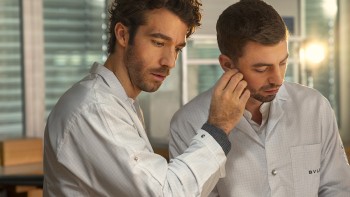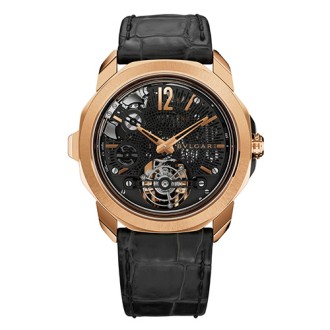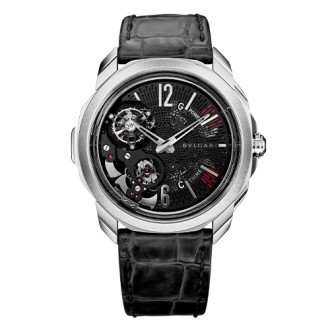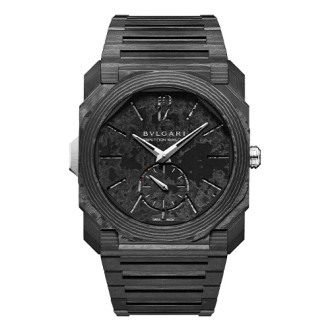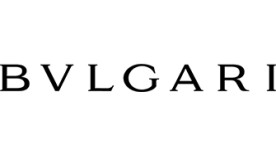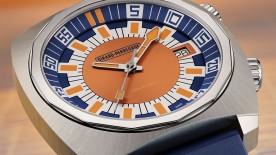Your latest collaboration with Bulgari has resulted in a minute repeater melody featuring a tritone, can you explain to us what this is?
It is an incredible interval. It is extremely rich and can open doors to so many different harmonic worlds. It is much sharper and sexier than just a normal, comfortable interval.
Why did you decide to use a tritone for the minute repeater?
Well, the thinking was challenging because creating a melody with three notes is hardly a melody. If you cannot put them together, or right after each other, it is just intervals. Bulgari is a brand that is always trying to push the boundaries, so I thought, okay, there are some intervals in music that are dissonant to our ears. You put one note and another note, and it isn’t really pleasing. This was also forbidden in music and interpreted as the devil’s music because it didn't sound right. But it is so rich because depending on the notes you put after, it can sound amazing. Its tension will resolve into something incredible. So, I thought, let's play with that tension. I had three possibilities of putting this note after this, and this note after this, and I used them for the quarter of an hour. So, the first quarter of an hour has this tension, the second one has even more, and for the third one, we stop on that note that disturbs and the full hour is a resolution.
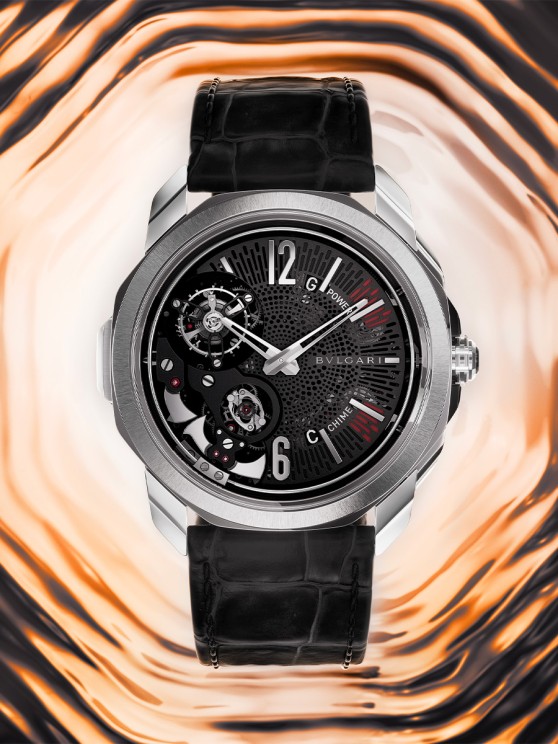
What were the first reactions to the project?
Surprised. My first reaction was two years ago when they presented their collection to me as their new brand ambassador. They were very proud to give me one of the watches with the sonnerie. And they said, ‘Please listen, you are a musician, so we are curious to know what you feel’. And I put it to my ear, and it was the Westminster, and I couldn't lie about it. I was like, it sounds so wrong. I told them, I wouldn’t want to listen to this if I owned the watch. And I could tell from their faces, they were like, who is this guy? How dare he? Then I immediately explained - you are an Italian brand with Greek ancestors and you use a melody of a Baroque British composer; it doesn't really fit. They reflected on this and then asked, ‘Can you write a melody?’
I wrote a melody with six notes and seven notes; you can make so many things, so much more tension, if you have five notes, for example, but they said ‘We need three’. When I presented this interval, it clicked. There was something forbidden about it, so they said, let’s risk it and we launched the project.
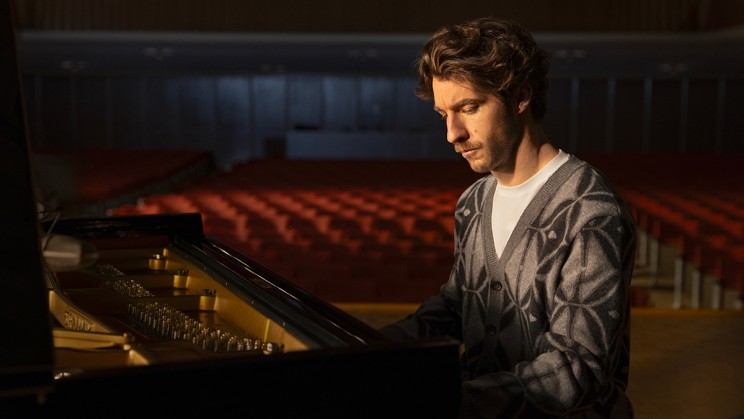
How difficult was it to create this new melody?
Until a couple of months ago, we had no idea if it would work. Because, you know, a couple of months ago, it didn't work. It was not the right sound. And then technically, there are also limits. And that is where my dream stops. Because I asked if we could make it with a fast tempo, and then with different accents but from a technical point of view, it was not possible. So, this is where the exchange and the constant research were just incredible. We started something, but it is not the end.
What was the process like?
It is a relationship, you know. So, it doesn't matter how many hours you put in, because it's the beginning of a journey. We aren’t opening the bottle of champagne yet because it's just the beginning. We will never have the perfect pitch on each tone, because it's resonance. There are so many different factors that we didn't explore yet because first we had to see if it was possible to put those notes in such a movement. But now we know it's possible, and trust me, I have a book full of ideas to try.
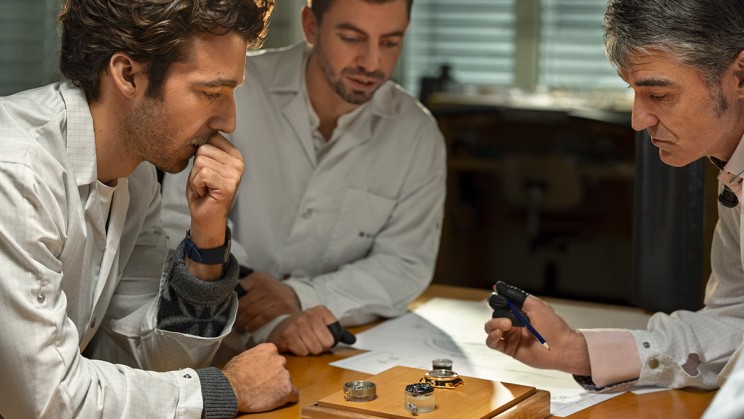
Do you hope that this kind of collaboration can open classical music to a greater audience?
Classical music is quite traditional and mainly reserved for an older audience if we are honest. But I believe there is hope for the future. For my generation, we don't take time for anything anymore. That process is extremely important. If we can inspire other houses to work with other artists, to give them a chance, this would be great. Because for me, it was a chance. I learned so much about my own profession by listening to them [watchmakers], by looking at how much time and how much effort they put in and how they question themselves about things they have been doing for 30 years, this was a big lesson for me. So, to answer your question, I don't think it will change the game for the classical music public, but it might change the mindset may be of one, two, or three people, or encourage someone who is curious to take the first step, when before they didn’t dare.
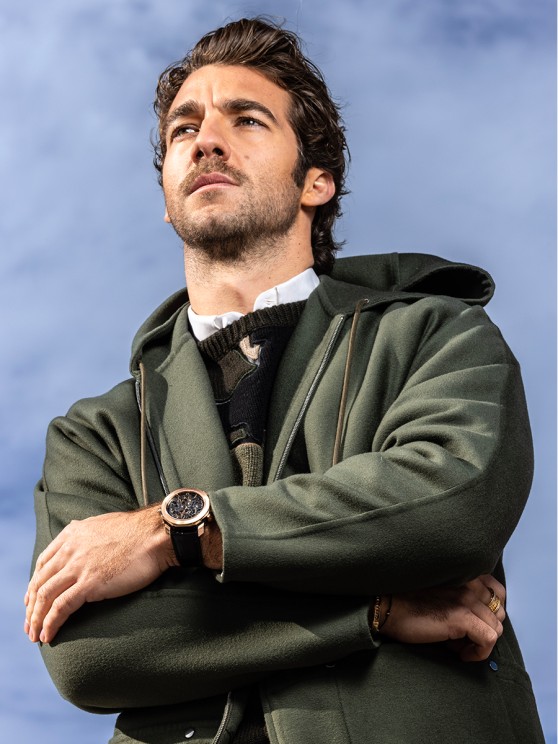
Do you have any more projects planned with Bulgari?
I hope so. As I said, I believe it's only the beginning. If it was up to me, I would be extremely honoured to continue this adventure, and if it is for someone else, then I'll be very happy that we could open the door, and I could have been part of that process.
